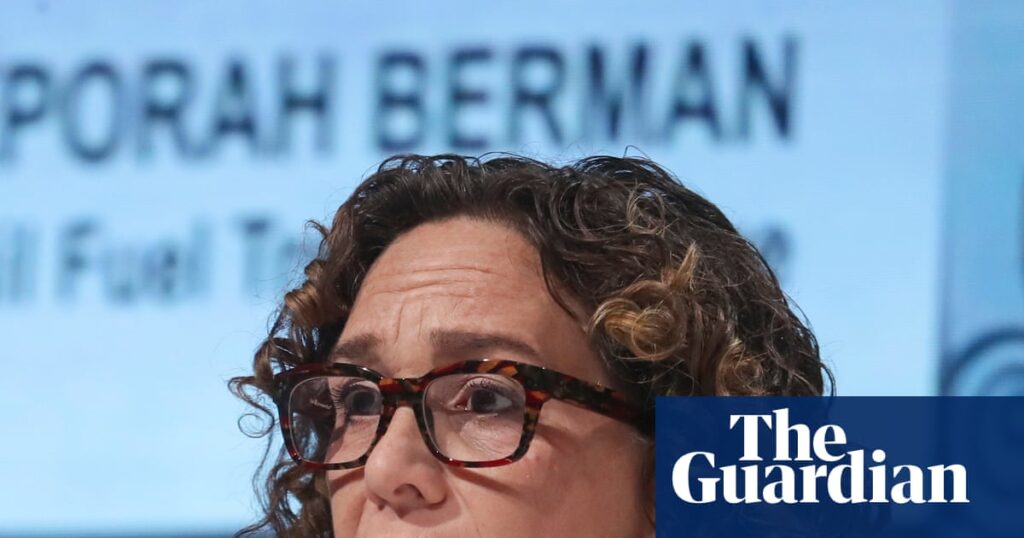The fossil fuel non-proliferation treaty initiative seeks to expedite the phase-out of oil, coal, and gas by mobilizing countries, cities, and businesses, avoiding the slow pace of UN climate talks. The upcoming COP30 summit in Belém aims to build momentum for treaty negotiations next year. Founder Tzeporah Berman emphasizes the need to shift perspectives on fossil fuels, which are responsible for 86% of atmospheric carbon footprints. Current projections suggest a massive increase in fossil fuel production by 2030, driven by substantial subsidies.
Despite skepticism about enforceability, Berman argues that change begins with ambitious proposals. The initiative has garnered support from over 4,000 civil society groups, 120 cities, and numerous scientists and Nobel Prize winners, with 17 countries already participating in discussions. Drawing parallels with past treaties, Berman hopes to create social norms against fossil fuel use.
The treaty seeks to address supply-side climate policies, focusing on the need for production limits, not just demand reductions. Berman highlights the necessity of leadership in countries like Brazil, where fossil fuel extraction threatens environmental and social wellbeing.
Support from Indigenous groups in the Amazon and growing civil society backing underlines the initiative’s potential. Berman stresses the urgent need for countries to abandon fossil fuel extraction commitments, tying this to climate justice and the economic impacts on communities in the Global South. Despite the absence of major fossil fuel producers like the U.S. from discussions, the treaty aims to establish a framework for ambitious global action against fossil fuels, positioning renewable energy as a sustainable alternative.
Source link


